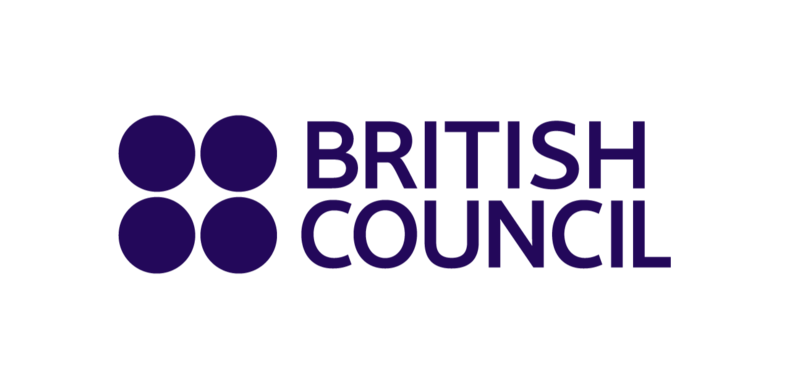









Abstracts and projects will be assessed on:
The total prize is GBP 30,000 which will be distributed to all the awards/prizes. We expect roughly the split to be 1/3 Dissemination Awards and 2/3 Research Prizes, but there is some degree of flexibility. We expect to fund around 5 Dissemination Awards each with a maximum value £2,000, but we note this is cap and not a target. We also expect to fund 4 Research Prizes with a maximum value £8,000, but it is likely that only one prize will be awarded at this level.
20 May 2021
25-26 May 2021
22 June 2021
10 July 2021
12-14 July 2021
9 July 2021
10 July 2021
12-14 July 2021
This work was supported by a Researcher Links Climate Challenge Workshop Grant, ID 714497704 and funded by the British Council to implement activities in the run up to COP26 (the 26th United Nations Climate Change Conference of the Parties). For further information, please visit https://www.britishcouncil.org/education/science/current-opportunities/researcher-links-climate-challenge-workshops.